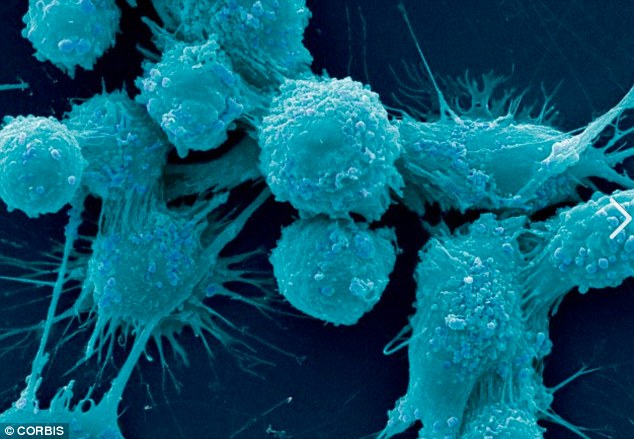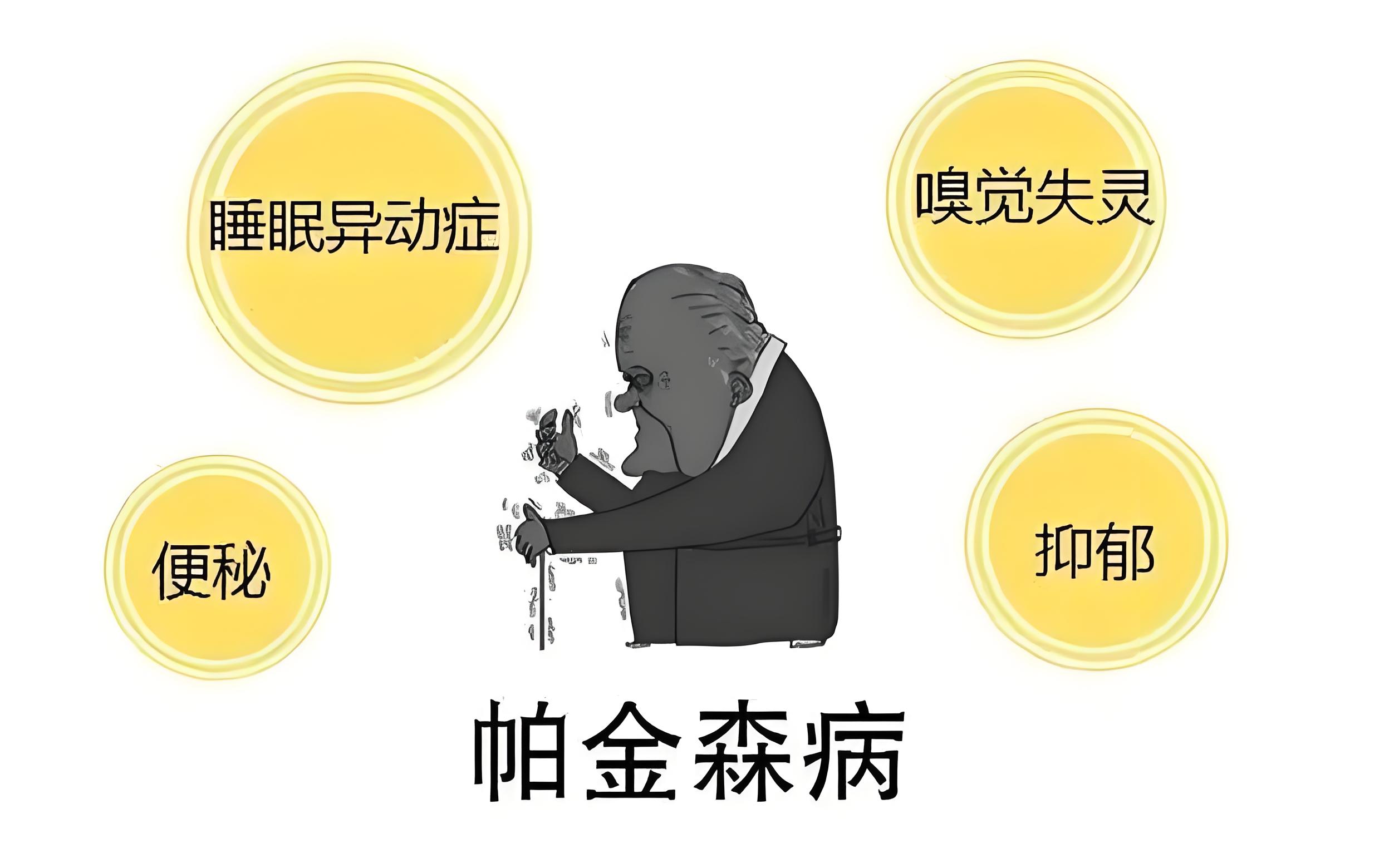前列腺癌的治疗可以通过一个具有里程碑意义的研究称为疾病的“罗塞达石转化”。肿瘤遗传学的突破意味许多人认为无法治愈的疾病是可以给予药物治疗。一些患者已经受益而活一年多,尽管只有星期的生活。Iain Frame,在慈善机构英国前列腺癌的研究主任,被誉为英国和美国的研究是“令人难以置信”。伦敦癌症研究院的研究员Johann de Bono说,它开辟了一个新的治疗时代,其中男性会根据他们的肿瘤药物。他的研究涉及150男性死于前列腺癌。疾病的蔓延,身体周围的人经历了所有可用的药物。瘤远离前列腺通常是杀死但医生们努力取他们解决如何最好地对待他们。

教授设计了一个复杂de Bono技术,让他从这些转移性肿瘤提取物的肿瘤样本,包括那些在骨,并分析他们的DNA。这表明,每90人分进行基因突变在肿瘤与药物已经使用或正在试验。现在的医生有一个地图,寻找基因突变,他们可以搜索他们使用?200测试。希望更多的人能得到治疗,给予他们宝贵的数月的生命。教授波诺,谁LED英国队,说:“我们描述的这种研究前列腺癌的Rosetta Stone -因为它给我们解码复杂性疾病的能力,并将结果转化为个性化的治疗方案的患者。

“什么是非常令人鼓舞的是,许多我们所确定的关键突变的癌症药物靶向的存在意味着我们可以进入一个个性化的癌症治疗的新时代。”有三分之一的男性的研究适用于新的药物称为PARP抑制剂治疗肿瘤。他们已经被处理,一些已经住了一年,比预期更长的时间。教授说:“由于这一信息,我们正在改变这些人生活多久。“这给了我希望,我可以做一个男性死于前列腺癌的区别。“还有很多工作要做。这是不能治愈但它是一个巨大的进步。”Iain Frame,该慈善机构英国前列腺癌,描述了研究发表在Cell杂志上,是令人难以置信的令人兴奋的突破”。他说:“这表明第一次的基因突变,寻找为了一旦扩散建立一个男人的前列腺癌的一个蓝图列表。“这可能提供有关个别攻击的最佳路径信息,如果我们要降低男性死于这种疾病的人数是关键的。”保罗教授的工人,对癌症研究所的首席执行官,说发现可以做一个真正的不同的大量患者。他说:“癌症是致命的阶段时,它在身体和停止响应治疗,但直到现在也弄不清是怎么回事,基因在临界点是非常困难的。“这个重要的新研究揭示了肿瘤转移的黑盒子,发现里面有丰富的遗传信息,我相信会改变我们思考和治疗晚期疾病的方式。”
原文
Major prostate cancer breakthrough as study finds men with 'untreatable tumours' could be helped by drugs already on hospital shelves
Prostate cancer treatment could be transformed by a landmark study described as the disease’s 'Rosetta Stone'.
The breakthrough in cancer genetics means that many men whose illness was thought untreatable could be given drugs that are already on hospital shelves.
Some patients have already benefited and are alive more than a year on, despite only having been given weeks to live.
Dr Iain Frame, director of research at the charity Prostate Cancer UK, hailed the British and US research as ‘incredibly exciting’.
Researcher Johann de Bono, of the Institute of Cancer Research in London, said it opens up a new era of treatment, in which men will be given drugs tailored to their tumours.
His study involved 150 men who were dying of prostate cancer.
The disease had spread around their body and men had gone through all available drugs.
The tumours far from the prostate are usually the ones that kill but doctors have struggled to take samples of them to work out how best to treat them.
Professor de Bono devised an intricate technique that allowed him to extract samples of the cancer from these metastatic tumours, including those in the bone, and analysed their DNA.
This showed that 90 per cent of the men carried genetic mutations in their tumours that matched drugs that are already in use or are in trials.
Now that doctors have a map of which mutations to look for, they could search for them using a ?200 test.
It is hoped that more men could then be treated, giving them precious extra months of life.
Professor Bono, who led the British team, said: ‘We're describing this study as prostate cancer's Rosetta stone - because of the ability it gives us to decode the complexity of the disease, and to translate the results into personalised treatment plans for patients.
‘What's hugely encouraging is that many of the key mutations we have identified are ones targeted by existing cancer drugs - meaning that we could be entering a new era of personalised cancer treatment.’
A third of the men studied had tumours suitable for treatment with new drugs called PARP inhibitors.
They are already being treated and some have lived a year longer than expected.
The professor said: ‘As a result of this information, we are changing how long these men are living.
‘This gives me hope that I can make a difference for men dying of prostate cancer.
‘There is still a lot of work to do. This is not a cure but it is a huge step forward.’
Dr Iain Frame, of the charity Prostate Cancer UK, described the research published in the journal Cell, as ‘incredibly exciting and ground breaking’.
He added: ‘It suggests for the first time the list of genetic mutations to search for in order to build up a blueprint of a man's prostate cancer once it has spread.
‘This could provide the information about the best routes of attack in each individual case, which is crucial if we are to reduce the number of men dying needlessly from this disease.’
Professor Paul Workman, chief executive of the Institute of Cancer Research, said the discovery could ‘make a real different to large numbers of patients’.
He added: ‘Cancer becomes lethal at the stage when it spreads round the body and stops responding to treatment - but until now it has been incredibly difficult to find out exactly what is going on genetically at that critical point.
‘This major new study opens up the black box of metastatic cancer, and has found inside a wealth of genetic information that I believe will change the way we think about and treat advanced disease.’



